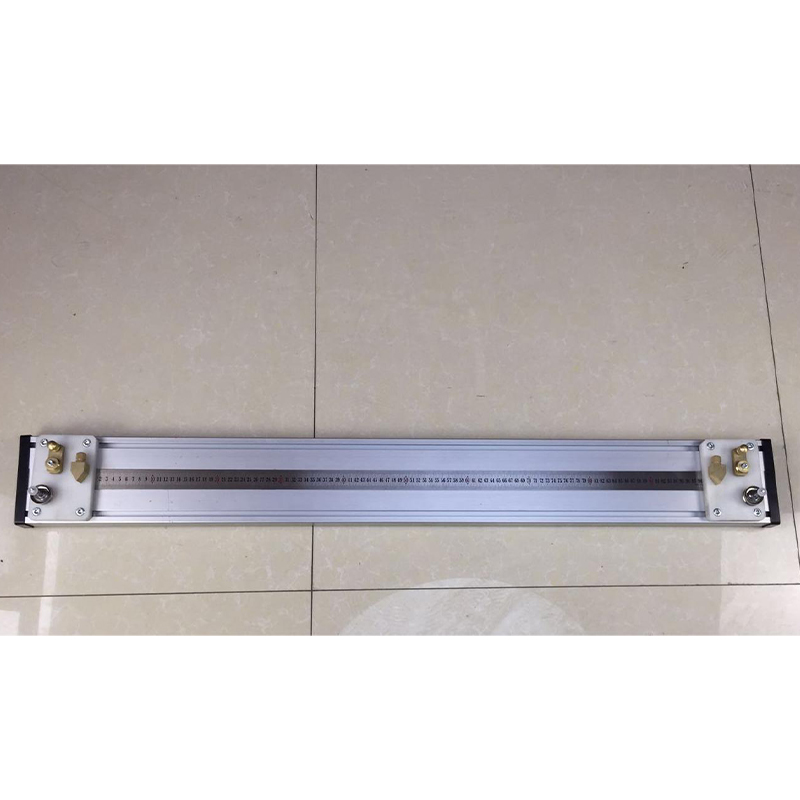Top Manufacturers of Tensile Testing Machines for Quality Material Analysis
Understanding Tensile Testing Machines A Comprehensive Overview for Manufacturers
Tensile testing machines play a critical role in material testing and quality assurance across various industries, from aerospace to construction and beyond. As the demand for high-quality materials increases, the significance of these machines becomes more prominent. This article explores the essential features, benefits, and advancements in tensile testing machines, alongside guidance for manufacturers in choosing the right equipment.
What is a Tensile Testing Machine?
A tensile testing machine, also known as a universal testing machine (UTM), is used to assess the mechanical properties of materials by applying a uniaxial force until the material fails. The primary objective of the test is to determine the tensile strength, yield strength, elongation, and modulus of elasticity. These parameters are vital for understanding how materials will perform under stress and can significantly influence material selection in engineering and manufacturing processes.
Key Features of Tensile Testing Machines
1. Load Capacity Manufacturers must consider the load capacity when selecting a tensile testing machine. Depending on the materials being tested, machines can range from a few hundred pounds to several hundred tons. It is crucial to choose a machine that meets the specific range required for anticipated testing applications.
2. Testing Speed The speed of the test can also affect results. Tensile testing machines should allow for variable testing speeds to cater to different material properties. Slower speeds may be more appropriate for ductile materials, while faster speeds might be necessary for brittle materials.
3. Control Systems Modern tensile testing machines are equipped with advanced control systems that use computer software to manage the testing process, capture data, and analyze results. These user-friendly interfaces improve the accuracy and reliability of tests.
4. Data Analysis The ability to analyze data effectively is a significant advantage of contemporary tensile testing machines. With integrated software, manufacturers can visualize stress-strain curves and generate comprehensive reports, which are essential for compliant documentation and further analysis.
5. Versatility High-quality tensile testing machines can accommodate different types of materials, including metals, polymers, and composites. This versatility makes them a valuable asset for manufacturers who work with multiple material types.
tensile testing machine manufacturers

Why are Tensile Testing Machines important for Manufacturers?
1. Quality Control Tensile testing is a fundamental aspect of quality control. It ensures that products meet specific standards and specifications, reducing the risk of failures that could lead to recalls or safety hazards.
2. Material Development In the research and development phase, tensile testing machines are instrumental in evaluating new materials and formulations. Understanding material properties can lead to innovation and improved product performance.
3. Regulatory Compliance Many industries are governed by strict regulations and standards regarding material performance. Tensile testing provides documented evidence to demonstrate compliance, which is crucial for avoiding legal ramifications and maintaining market competitiveness.
4. Cost Efficiency By identifying potential material flaws early in the manufacturing process through tensile testing, companies can prevent expensive recalls and rework, ultimately saving time and reducing costs.
Recent Advancements in Tensile Testing Technology
Recent advancements in tensile testing technology focus on improving the precision and efficiency of tests. Innovations like digital image correlation (DIC) provide manufacturers with real-time data on material deformation, enhancing the understanding of mechanical behavior. Furthermore, the integration of artificial intelligence (AI) and machine learning in data analysis can help predict material performance, further optimizing the manufacturing process.
Conclusion
In conclusion, tensile testing machines are indispensable tools for manufacturers aiming to ensure product quality and compliance. By investing in advanced testing equipment, manufacturers can not only enhance their production processes but also contribute to the development of safer and more reliable materials. As technology continues to evolve, staying updated with the latest advancements in tensile testing will allow manufacturers to maintain a competitive edge in the ever-changing market landscape. For those looking to purchase tensile testing machines, conducting thorough research and selecting a reputable manufacturer will be key to successful integration and optimal performance.
-
Why the Conductor Resistance Constant Temperature Measurement Machine Redefines Precision
NewsJun.20,2025
-
Reliable Testing Starts Here: Why the High Insulation Resistance Measuring Instrument Is a Must-Have
NewsJun.20,2025
-
Flexible Cable Flexing Test Equipment: The Precision Standard for Cable Durability and Performance Testing
NewsJun.20,2025
-
Digital Measurement Projector: Precision Visualization for Modern Manufacturing
NewsJun.20,2025
-
Computer Control Electronic Tensile Tester: Precision and Power for the Modern Metal Industry
NewsJun.20,2025
-
Cable Spark Tester: Your Ultimate Insulation Assurance for Wire and Cable Testing
NewsJun.20,2025
 Copyright © 2025 Hebei Fangyuan Instrument & Equipment Co.,Ltd. All Rights Reserved. Sitemap | Privacy Policy
Copyright © 2025 Hebei Fangyuan Instrument & Equipment Co.,Ltd. All Rights Reserved. Sitemap | Privacy Policy
